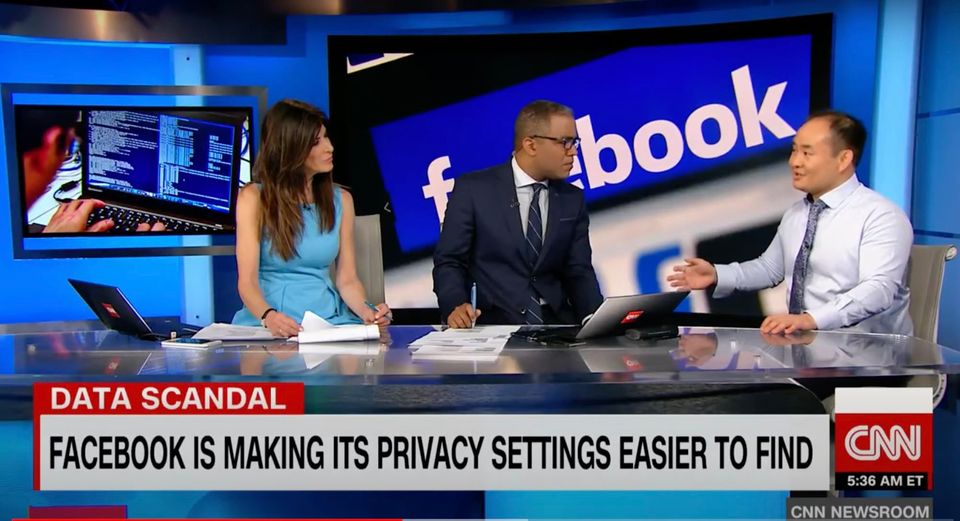The Killer Hack to Boost Your Search Rankings
Getting found online doesn’t require the fanciest equipment or a big marketing team. By using YouTube videos and solid articles, businesses can outpace their competitors. A simple video that shows what you do in the real world is all that’s needed—no expensive cameras or production crews required. Embedding that video on a high-authority, relevant site […]
The Killer Hack to Boost Your Search Rankings Read More »


